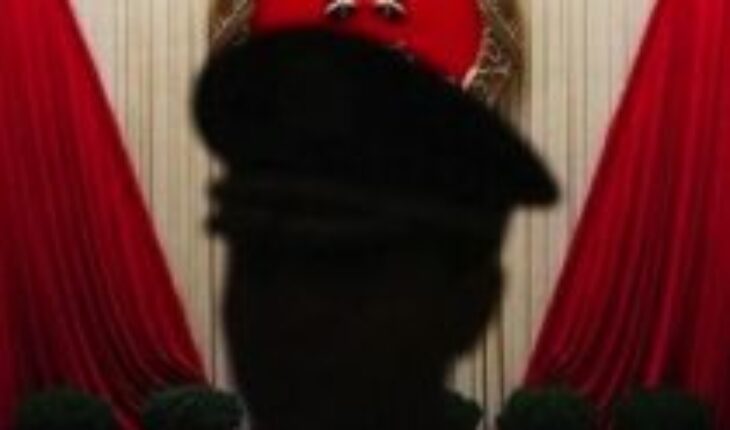Analysts suggest this is because Beijing is playing it safe and trying to avoid being hit by secondary sanctions from the United States.
Leonid Kovacic, a Russian expert on China, agrees that The declaration of “friendship without limits” has not been reflected in the real steps.
“It would not be in China’s interests to complicate relations with the entire West at once.”
Considering that China’s relations with the United States are likely to remain tense in the long term, the expert says, “it is important that Beijing does not worsen relations at least with the European Union.”
It is possible that China has initially underestimated how sensitive the war issue would be for the EU and how involved Europe would be in helping Ukraine, financially and militarily.
“That’s why China is now trying to smooth things over, at least at the level of rhetoric,” Kovacic adds.
The war in Ukraine has also influenced China’s handling of Taiwan, which considers it a separatist province.
Tensions in the region have risen steadily in recent months.
In December, China held one of its largest air and sea exercises around Taiwan.
At the beginning of the war, many analysts worried that China would decide to take active measures against Taiwan.
But now some analysts believe that China, seeing the unified reaction of the West (and in particular the EU) to the Russian invasion of Ukraine, it will not dare to do so.
Changing the guard… and politics?
On January 9, newly appointed Chinese Foreign Minister Qin Gang spoke with his Russian counterpart Sergey Lavrov.
The official version of what was discussed in the conversation, which took place “at Moscow’s request”, states that “China-Russia relations are based on in non-alliance, non-confrontation and non-aggression against third parties.”
A statement that is far removed from the concept of “friendship without limits” of last February and even the words about “two great powers” of the September summit.
Qin’s appointment was followed by the dismissal of Foreign Ministry spokesman Zhao Lijian, who has been in office for the past three years.
Zhao was nicknamed “wolf warrior” for his sharp tongue and combative style, defending China’s policies and criticizing rivals, drawing comparisons to Maria Zakharova of the Russian Foreign Ministry, known for her skepticism towards the West and its harsh rhetoric.
Some analysts say Zhao’s dismissal from a high-profile post in the Foreign Ministry is a mere façade.
While others say it’s a major tactical adjustment China has made to Ease friction with other countries.
Improving relationships is key as China is trying to restore business confidence by abandoning its controversial “zero covid” policy and toning down rhetoric about “common prosperity” and social equality.
Disappointment with Moscow
Pro-government political analysts say unofficially that Chinese authorities are disappointed with Moscow and his geopolitical miscalculation.
One sign of this was Xi Jinping’s indirect criticism of Vladimir Putin in November last year, when in a joint statement with German Chancellor Olaf Scholz, He called “the use or threat of use of nuclear weapons” unacceptable.
The Financial Times quoted a Chinese official, who spoke on condition of anonymity: “Putin is crazy. The decision to invade Ukraine was made by a very small group. of people. China should not follow Russia.”
Although it is unlikely that China shifts its public rhetoric sharply to an anti-Russian stance, it will almost certainly act cautiously and pragmatically, mitigating the consequences of Russia failing to achieve its goals in Ukraine and causing great international turmoil in the process.





